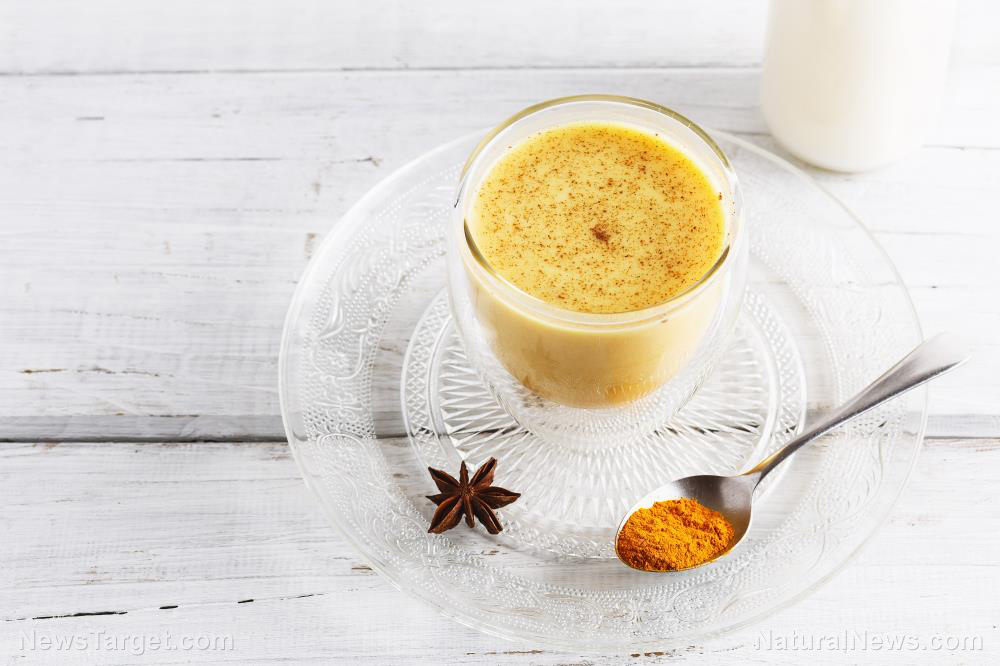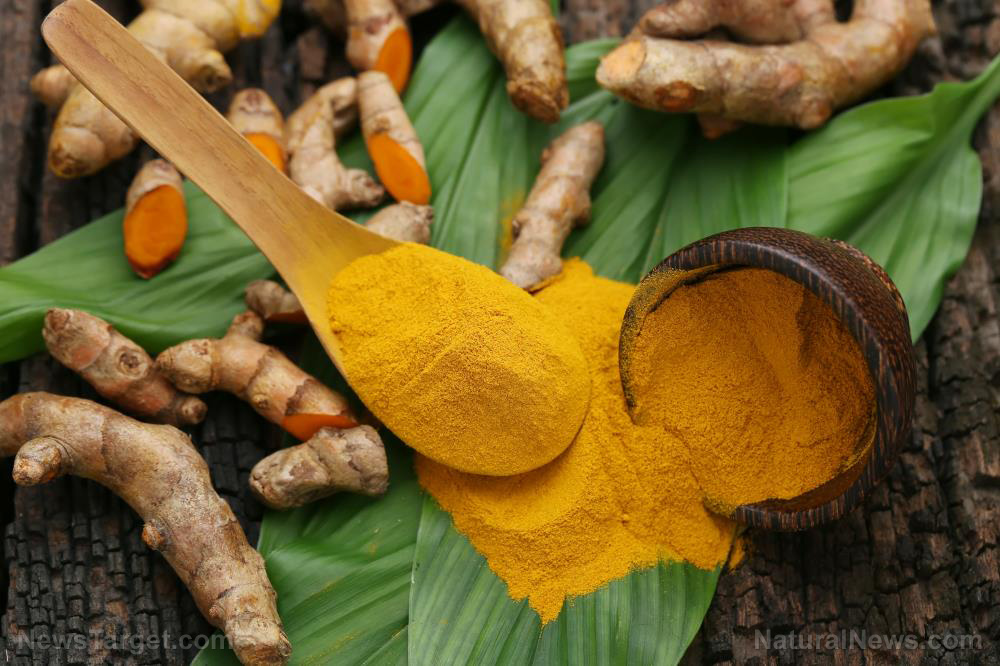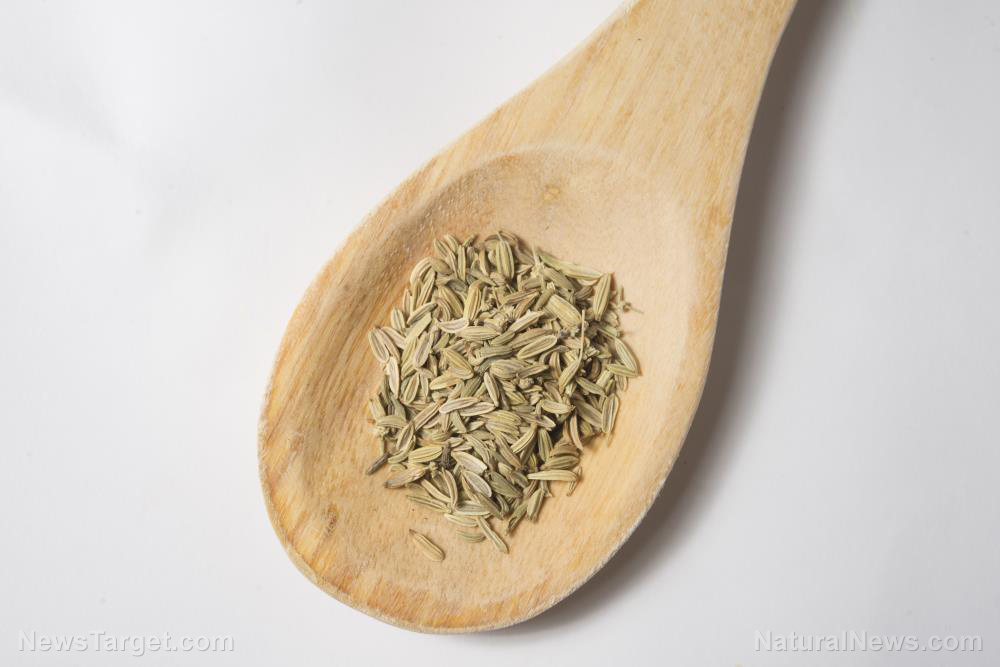Five healthy reasons why ginger should be part of your meals
08/02/2019 / By Stephanie Diaz

Ginger is a herbaceous plant that’s native to Asia. It has a long history of use in traditional medicine as a treatment for various ailments. In Indonesia, people use ginger to address rheumatism and fatigue, while in Burma, ginger is mixed with other herbs to treat the common flu. As food, ginger is a wonderful ingredient to add to dishes. It not only adds a unique flavor to every dish, it also confers a lot of health benefits.
The benefits of eating ginger
The health benefits of ginger are now acknowledged even in the West. Numerous studies have shown that ginger has anti-inflammatory and antioxidant properties. The list below enumerates how ginger can improve a person’s health. (Related: Ginger reduces chronic inflammation, pain and migraines, helps digestion, diabetes and more.)
Ginger helps relieve nausea.
Ginger is used in traditional medicine to get rid of nausea. A piece of ginger lozenge can help manage motion sickness. A research published in Nutrition Journal studied the effect of oral administration of ginger on pregnant women and found that it can reduce nausea, a common symptom of pregnancy.
Candied ginger and ginger lozenges are widely available in the market. If you suffer from motion sickness but wish to travel, bring a few of these remedies with you on your trip.
Ginger reduces bloating and constipation.
Ginger is a common ingredient in Asian cuisine. It has a warm and pungent flavor that helps balance the meaty or oily taste of some Asian dishes. Moreover, the addition of ginger helps flavors blend harmoniously.
Ginger contains an enzyme called zingibain. This enzyme facilitates the digestion of protein in the gastrointestinal (GI) tract. As a result, it helps food move quickly through the gut and reduces the likelihood of bloating, gas, and constipation. Ginger also has carminative properties that can induce gas elimination.
Ginger fights off infections.
If you’re feeling a bit under the weather then a nice warm cup of ginger tisane with honey will make you feel better. Ginger contains a compound called gingerol that helps prevent bacterial, viral, and fungal infections.
Ginger can also be used as a treatment for respiratory illnesses such as bronchitis and pneumonia. A study published in the Journal of Ethnopharmacology found that fresh ginger is effective against respiratory infections caused by a virus called human respiratory syncytial virus (HRSV).
Ginger reduces inflammation.
Aside from fighting infection, gingerol also has antioxidant properties that can reduce inflammation. People suffering from osteoarthritis can benefit from taking ginger extract supplements or applying topical ginger ointment as they can reduce stiffness and pain. A study conducted by researchers from the University of Georgia also found that ginger extract can reduce muscle pain.
You can incorporate ginger into your diet by replacing overly sweet desserts like cake and ice cream with dried, candied ginger. This will not only take the taste of your dinner off your mouth but also help you fight inflammation.
Ginger helps with menstrual pain.
A study published in the Journal of Alternative and Complementary Medicine suggests that ginger can alleviate menstrual cramps. In it, researchers found that ginger extract is just as effective as ibuprofen in relieving menstrual pain.
If you’re on your period and can’t stand the pain, a cup of ginger tisane will help a lot. You can also combine it with other medicinal herbs, such as peppermint and turmeric, for effective pain relief.
Sources include:
Tagged Under: alternative medicine, anti-inflammatory, antioxidant, bloating, cancer, clean food, constipation, disease treatments, fatigue, food cures, food is medicine, functional food, ginger, ginger extract, ginger lozenge, ginger supplement, herbal medicine, Herbs, immune function, immune system, motion sickness, natural cures, natural medicine, pain relief, prevention, remedies, research, rheumatism, Satiety, TCM
RECENT NEWS & ARTICLES
FoodCures.News is a fact-based public education website published by Food Cures News Features, LLC.
All content copyright © 2018 by Food Cures News Features, LLC.
Contact Us with Tips or Corrections
All trademarks, registered trademarks and servicemarks mentioned on this site are the property of their respective owners.



















